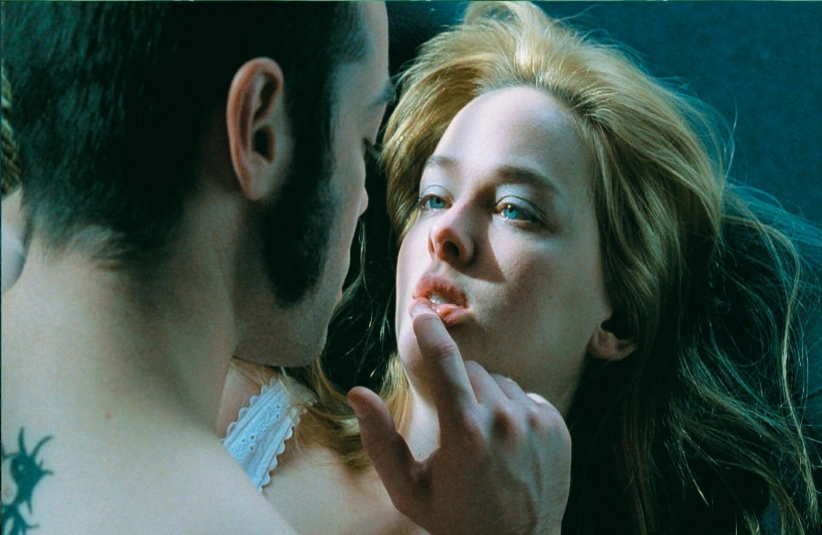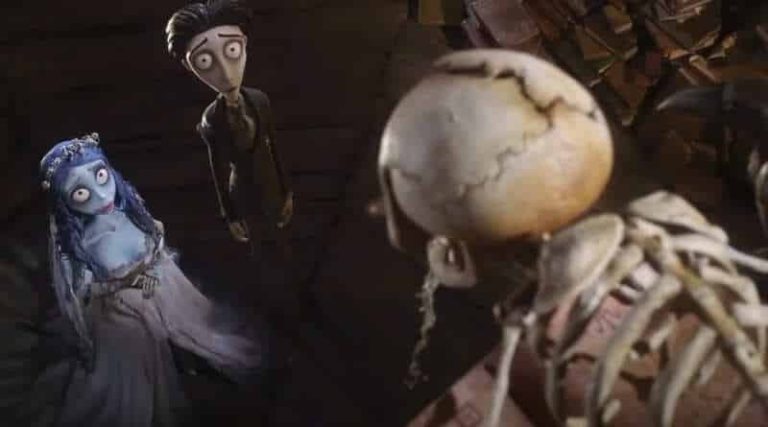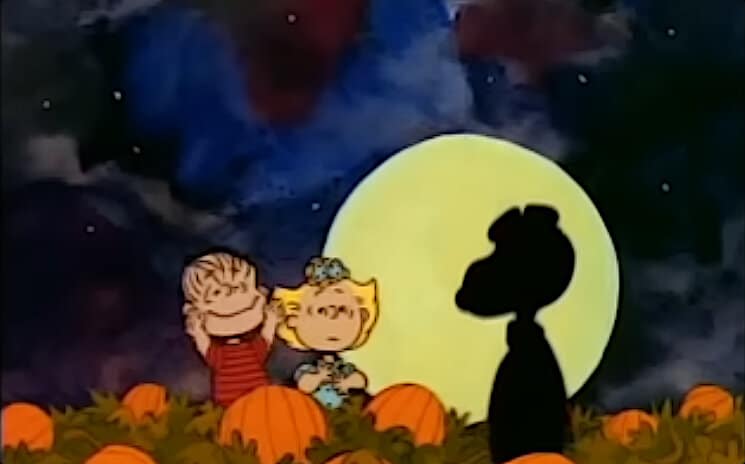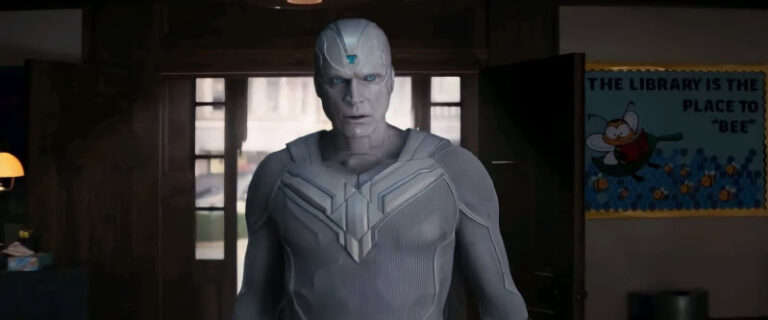Feminist Horror Movie “Candy” in the Works, Inspired by Vagina Dentata Myth
The vagina dentata – the notion of a vagina lined with vicious teeth – is an ancient and widespread myth that can come across as regressive, empowering, or perhaps both simultaneously. “Candy,” which will be the second horror film (after 2007’s famous “Teeth”) to make use of this bizarre but archetypal concept, is being touted as a feminist fright flick, and its premise suggests a movie that will delve into the ramifications of such an anti-rape device with far more nuance than a run-of-the-mill empowerment fantasy.
Short Story, Short Film, Feature-Length Film – A Different Name for Each
“Candy” began life in 2015 as a short story with the decidedly uninspired name of “Vagina Dentata,” written by Mindy McGinnis. McGinnis is a YA author who is no stranger to feminist themes in her fiction: her bibliography includes such novels as “Heroine” (2019), “The Female of the Species” (2016), and “A Madness So Discreet” (2015), which is about a young woman whose family commits her to a mental asylum in an effort to conceal the fact that she has become pregnant out of wedlock.
In 2023, director Jessica Michael Davis adapted “Vagina Dentata” into a short film titled “Betty Bites Back.” Davis herself portrayed the protagonist, whose name is Taylor. (The short film’s snappy title is a reference to the short-story collection “Betty Bites Back: Stories to Scare the Patriarchy,” in which “Vagina Dentata” has been published.)
Now, Davis and McGinnis are developing this macabre feminist tale into a full-length movie. Davis will once again direct, having also written the script with McGinnis. This film will be called “Candy,” which is the name of its main character – sort of.
A Story of Empowerment and Dark Power-lust
The protagonist of “Candy” is, of course, a young woman whose vagina is lined with retractable dentures. In this case, unlike the main character of “Teeth,” the vagina dentata is not a quirk of her natural anatomy. Instead, it is the result of a surgical procedure that she opts to undergo as a safeguard against sexual violation.
It’s possible that this protagonist will be named Taylor once more: Candy is not her character’s accustomed name, but rather the emblem of an unexpected consequence of her fateful decision. It is the name of her alter ego, which raises its head to blur the line between righteous wrath and a dark, ignoble desire for power. Candy wants control, and the road to such control may be paved with more blood than this woman ever originally intended to shed.
Final Thoughts – A Mordant, Thought-Provoking Feminist Premise
Feminism has a long history of ennobling horror movies, making even fantastical stories feel like urgent reflections of the struggles that real women face. We’ve seen horror heroines fight to have bodily autonomy (“Rosemary’s Baby,” 1974’s “Black Christmas“), careers in law enforcement (“The Silence of the Lambs“), and Hollywood stardom that doesn’t fade with age (“The Substance”).
“Candy” seems especially reminiscent of “The Substance“: like last year’s (purposefully) vomitous body-horror satire of the entertainment industry’s female sex appeal standards, it promises to explore not only one woman’s response to a societal pervasive threat, but also how this response leads her psyche into darker places than she could have imagined. It’s a reminder that even the most supremely righteous empowerment can be taken too far – a fascinating, morally gray premise that may well make for an outstanding new feminist horror film.







